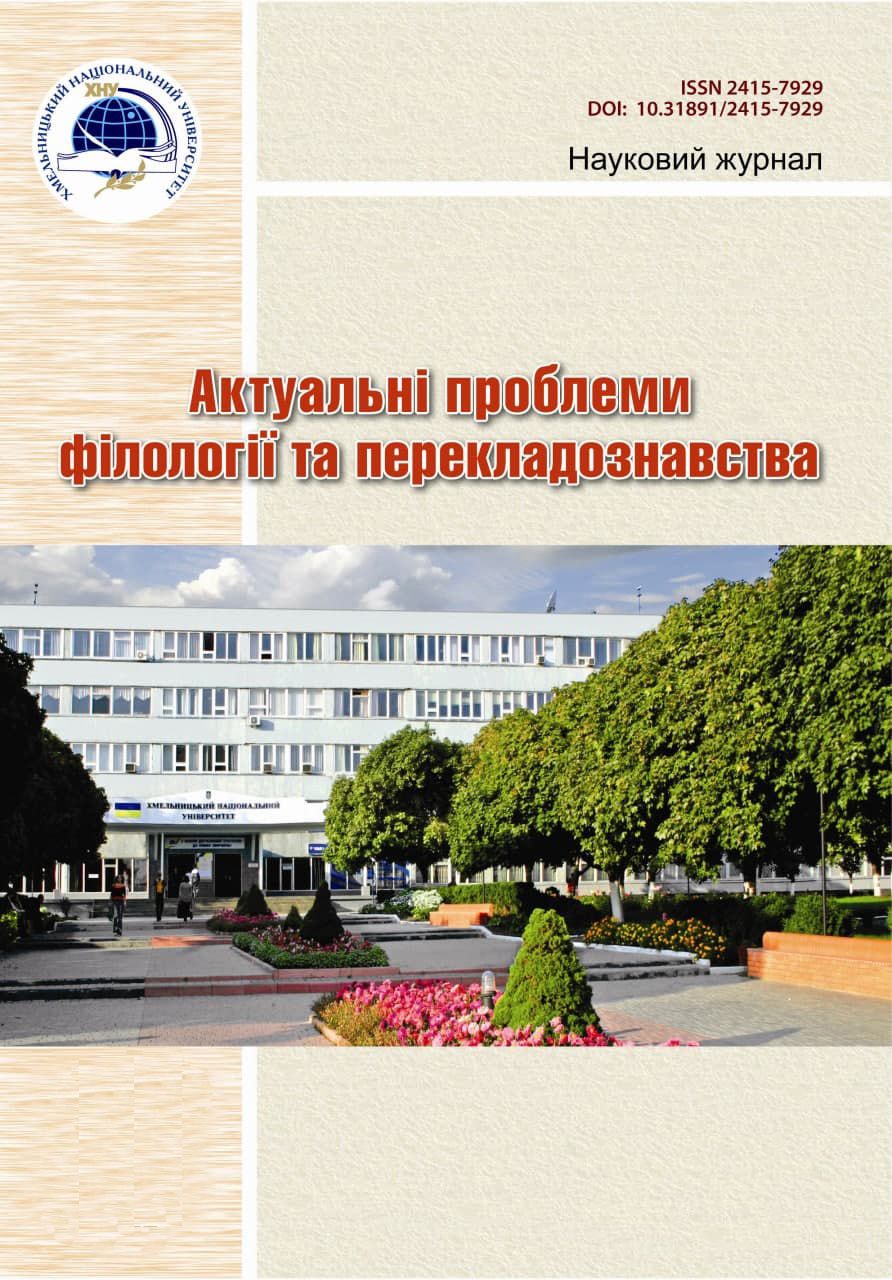INTERCULTURAL COMMUNICATION AS A SPECIAL KIND OF INTERACTION
DOI:
https://doi.org/10.31891/2415-7929-2021-21-46Keywords:
culture, communication, intercultural communicationAbstract
The article deals with the concepts of "culture", "communication", "intercultural communication". The works of famous scientists on the problem of intercultural communication and language training of future specialists are considered. The purpose of the article is formulated, which consists in identifying the reasons that impede intercultural communication, and determining the conditions, the observance of which will contribute to its effectiveness. The author's understanding of culture (from the standpoint of intercultural business communication) is formulated as a unique social sphere and form of activity, which has special laws of existence and development, due to the specifics of dominant value orientations that determine the strategy of communicative behavior in professionally significant situations when people interact both within one culture, as well as and between cultures. It was revealed that the concept of "intercultural communication" (other terms - intercultural communication, multicultural communication, cross-cultural communication), which is understood as communication of people with different cultural beliefs, education, value orientations, demeanor, has no precise definition today.
The classification of cultures (low-context and high-context) is presented, characteristics of each type are given. The main reasons that complicate intercultural communication have been identified (conflict between cultural ideas of different peoples about objects and objects of reality; lexico-phraseological restrictions regulating the use of language).
Attention is focused on important conditions for ensuring the effectiveness of intercultural communication: expanding the boundaries of students' ideas on intercultural issues, the mandatory inclusion of the study of the culture of its carriers in teaching a foreign language; developing the skills of future specialists to interest foreign partners in the peculiarities of their culture.
Downloads
Published
Issue
Section
License
Copyright (c) 2021 О. ТУР, Л. ДЕРЕВЯНКО (Автор)

This work is licensed under a Creative Commons Attribution 4.0 International License.

